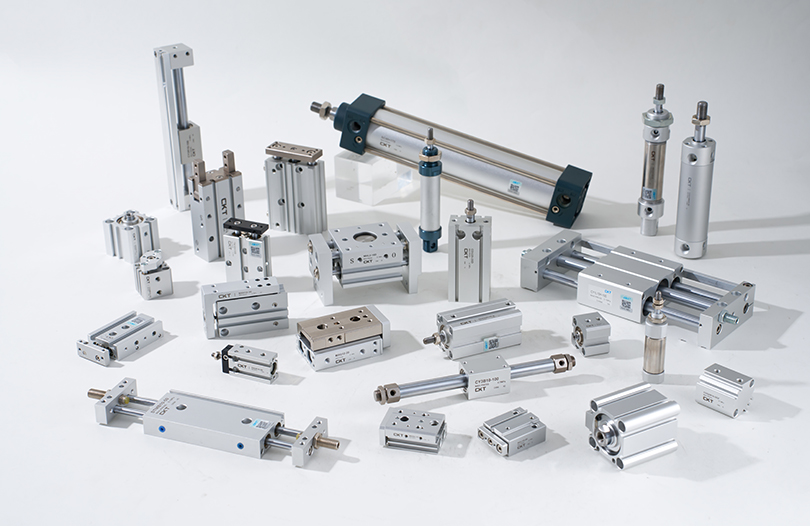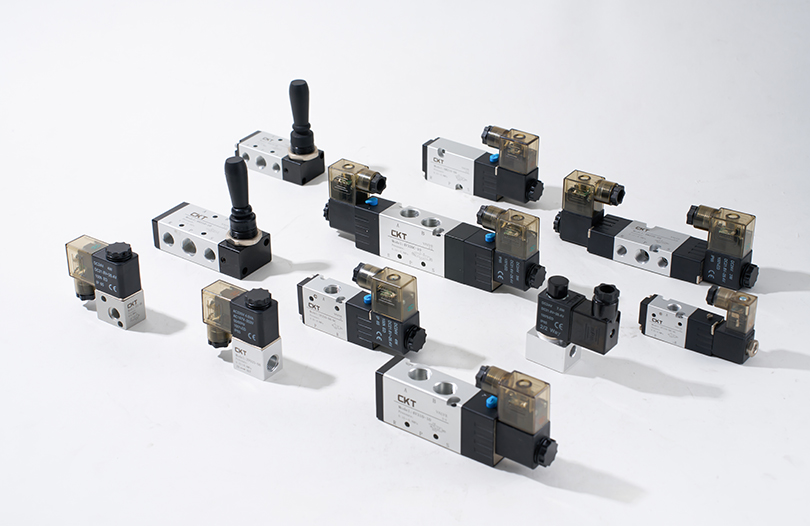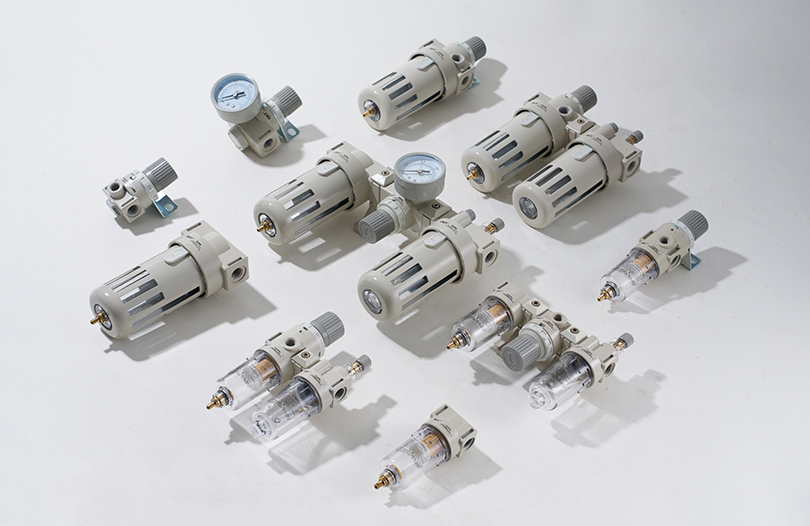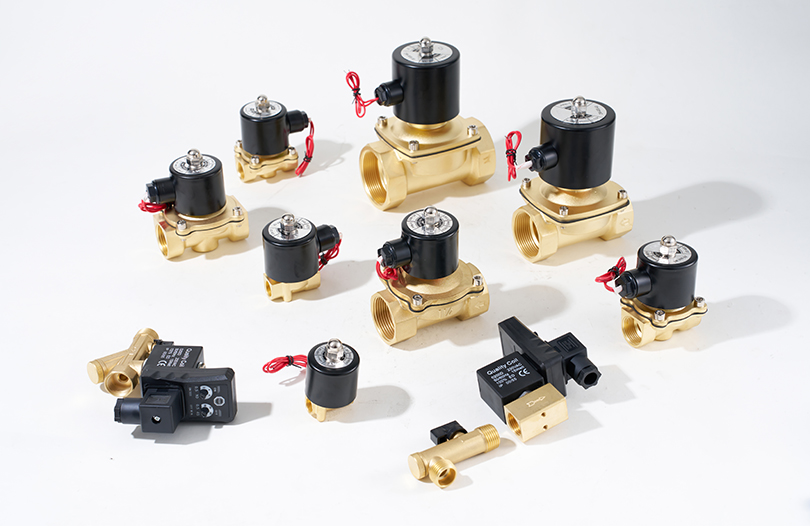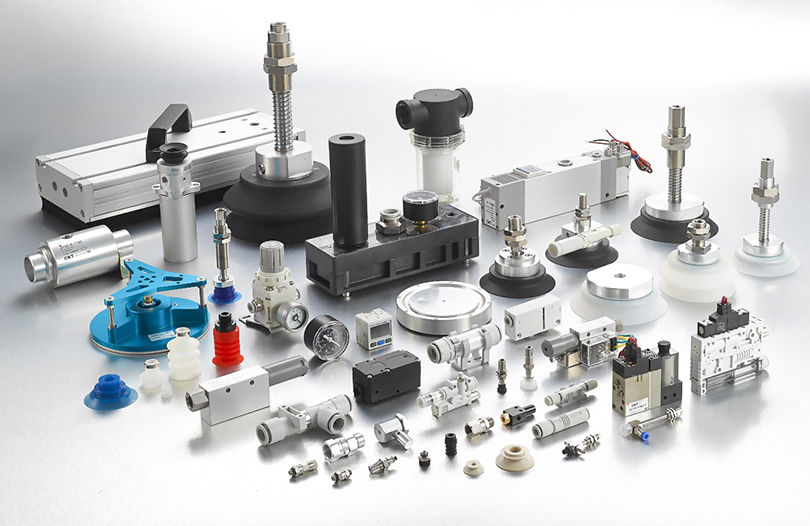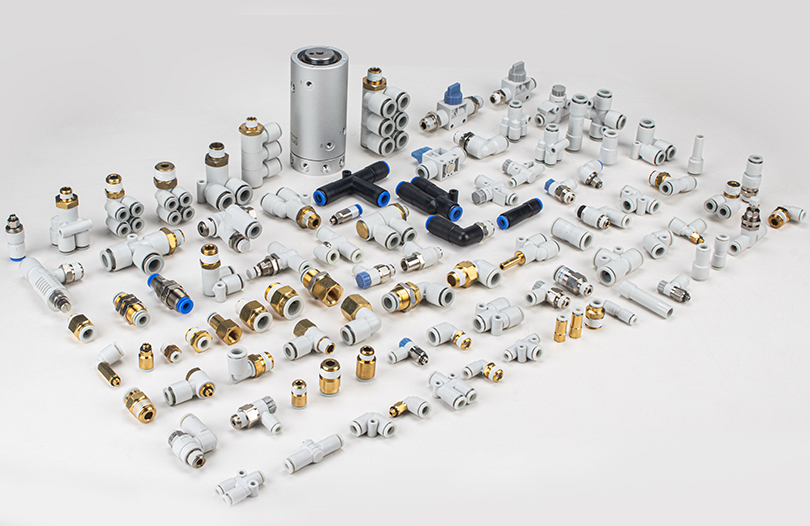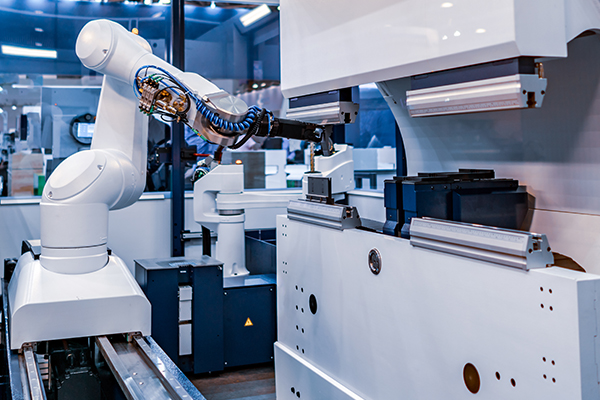At present, the global automotive industry is ushering in the era of ‘electrification, intelligence, Internet connectivity and sharing’. Even as the global auto market continues to decline, the wave of the ‘new four’ is still surging. In China, the ‘new four’ in the ascendant, huge potential, coupled with automatic driving, artificial intelligence research is booming, new energy vehicles in the high-speed growth stage, so that multinational parts and components giants are excited, but also smelled the huge business opportunities. As a result, multinational parts giants have higher enthusiasm for investing in relevant new technologies, new fields and new trends.
Statistics show that in 2018, in the midst of the overall downturn in the car market, China's new energy vehicle market has continued to grow, with sales accounting for more than half of the world, remaining the world's first for four consecutive years. In the first half of this year, China's new energy vehicle market sales are still rising, more multinational parts and components giants come and go, looking for business opportunities.
Japan denso is on China's new energy vehicle market investment to increase. In May this year, Denso announced that it will build a new plant in China for new energy vehicle parts. According to the agreement, denso (guangzhou nansha) co., ltd will invest not less than 2 billion yuan in two phases, the new land scale of about 100,000 square metres of new factory in south china, layout of new energy automobile parts and components related industries. The project has been started on 28 June this year, is expected to be completed in 2021 and put into production in 2022 to achieve mass production. The investment strength and construction speed is rare. At the same time, this has also become Japan Denso in the field of new energy vehicle parts and components in the next three years to invest 180 billion yen (about 2 billion yuan) a key component. At present, Japan Denso has more than 30 group companies in China, involved in vehicle air conditioning and engine parts and components production. It has new energy auto parts field as one of the focus of future strength, the Chinese market naturally become its layout focus.
At present, the global automotive industry is ushering in the era of ‘electrification, intelligence, Internet connectivity and sharing’. Even as the global auto market continues to decline, the wave of the ‘new four’ is still surging. In China, the ‘new four’ in the ascendant, huge potential, coupled with automatic driving, artificial intelligence research is booming, new energy vehicles in the high-speed growth stage, so that multinational parts and components giants are excited, but also smelled the huge business opportunities. As a result, multinational parts giants have higher enthusiasm for investing in relevant new technologies, new fields and new trends.
Statistics show that in 2018, in the midst of the overall downturn in the car market, China's new energy vehicle market has continued to grow, with sales accounting for more than half of the world, remaining the world's first for four consecutive years. In the first half of this year, China's new energy vehicle market sales are still rising, more multinational parts and components giants come and go, looking for business opportunities.
Japan denso is on China's new energy vehicle market investment to increase. In May this year, Denso announced that it will build a new plant in China for new energy vehicle parts. According to the agreement, denso (guangzhou nansha) co., ltd will invest not less than 2 billion yuan in two phases, the new land scale of about 100,000 square metres of new factory in south china, layout of new energy automobile parts and components related industries. The project has been started on 28 June this year, is expected to be completed in 2021 and put into production in 2022 to achieve mass production. The investment strength and construction speed is rare. At the same time, this has also become Japan Denso in the field of new energy vehicle parts and components in the next three years to invest 180 billion yen (about 2 billion yuan) a key component. At present, Japan Denso has more than 30 group companies in China, involved in vehicle air conditioning and engine parts and components production. It has new energy auto parts field as one of the focus of future strength, the Chinese market naturally become its layout focus.
Following the completion of its Asian headquarters and R&D centre in Shanghai at the end of 2018, Continental announced in March this year that its R&D centre in Chongqing was officially put into operation. It is understood that this is Continental's 18th R&D base in China, with a total investment of RMB 280 million and a building area of about 15,000 square metres in the first phase. The R&D centre is dedicated to the development of intelligent network-based automotive electronic products, both in the field of new generation gateway, electric locking system, body controllers and transmission controllers R & D and testing, but also includes new energy automotive related parts and components of the products and solutions.
South Korea's LG Chem has also recently announced that it will invest 1.2 trillion won (about 6.9 billion yuan) to expand its power battery production line in China to cope with the surge in demand for cylindrical power batteries in the Chinese market. And its previous Nanjing power battery plant, with a total investment of about $2 billion (about RMB 13.9 billion), will be completed and put into operation in October 2019, and is expected to achieve an annual production capacity of 32GWh by 2023.Asked about this expansion of its battery production line, LG Chem said it is expected to lead the electric vehicle market in the future, and also seize the lead in brand new areas such as light electric vehicles and power tools.
Bosch also said that it will focus on autonomous driving, intelligent Internet connection and new energy vehicles in the Chinese market, and will strengthen its core competitiveness in the three segments of ‘sensors, software and services’.
As a leading global provider of mobility and autonomous driving solutions, Ampofo has recently announced that it will establish the Ampofo Autopilot China Technology Centre in Shanghai to introduce the world's leading L4 autonomous driving technology to China, and will seek cooperation with local partners to jointly develop the application of autonomous driving in the Chinese market. In the future, Ampofo's Automated Driving China Technology Centre will form one of the company's five core automated driving technology and application development bases, together with its R&D centres in Pittsburgh, Boston, Las Vegas and Singapore.
BASF expects that China will continue to maintain its share of the world's largest chemical market, with its market share increasing from the current 40 per cent to 50 per cent by 2030. Therefore, BASF has decided to invest another 34 million euros (about 260 million yuan) this year to build a new Asia-Pacific R&D centre in Shanghai to meet the needs of China's automotive market, especially the development of the ‘new four’ and new technologies by car companies. The new facility will include two R&D centres for automotive applications and process catalysis in the Asia-Pacific region.
Currently, Eberhard has opened an Asian test centre in Shanghai. A major trend in automotive development is to save energy and reduce CO2 emissions. In order to meet the increasingly stringent emission standards in China and other countries, Eberhard, as a leading Tier 1 supplier of exhaust technology, has built a new test centre with a total floor space of 3,800 square metres, which includes a prototype workshop for passenger cars and commercial vehicles, as well as a materials and components laboratory and a test laboratory for engines and vehicle systems, providing customers in Asia with a more professional service in the field of exhaust testing. Nidec's recent plans to expand its
Nidec recently planned to double its production capacity in China. In addition to its plant under construction in Zhejiang, Nidec will invest 20 billion yen to 30 billion yen (about 1.22 billion yuan to 1.83 billion yuan), the construction of a second traction motor plant in Guangdong, the goal is to double the original plan for 600,000 to 700,000 electric vehicles to use the annual production capacity of the motor. It is understood that Nidec's first factory in China was put into operation in May this year, and the second factory will be put into operation in 2020, and will mainly produce smaller electric vehicle motors in the future, thus reducing the space it occupies in electric vehicles.
South Korea's SKI plans to invest another 579.9 billion won (about 3.38 billion yuan) to set up a second power battery factory in China this year, following its construction of an EV power battery factory there last year.SKI said its second factory in China is aimed at meeting the demand from the growth in orders for EV power batteries globally.
‘The “new four” of automobiles as well as driverless, new energy vehicles and other related technology fields are entering a period of rapid development in China, and to a certain extent, the multinational parts and components giants' enthusiasm for investment stems from the greater space in this market.’




